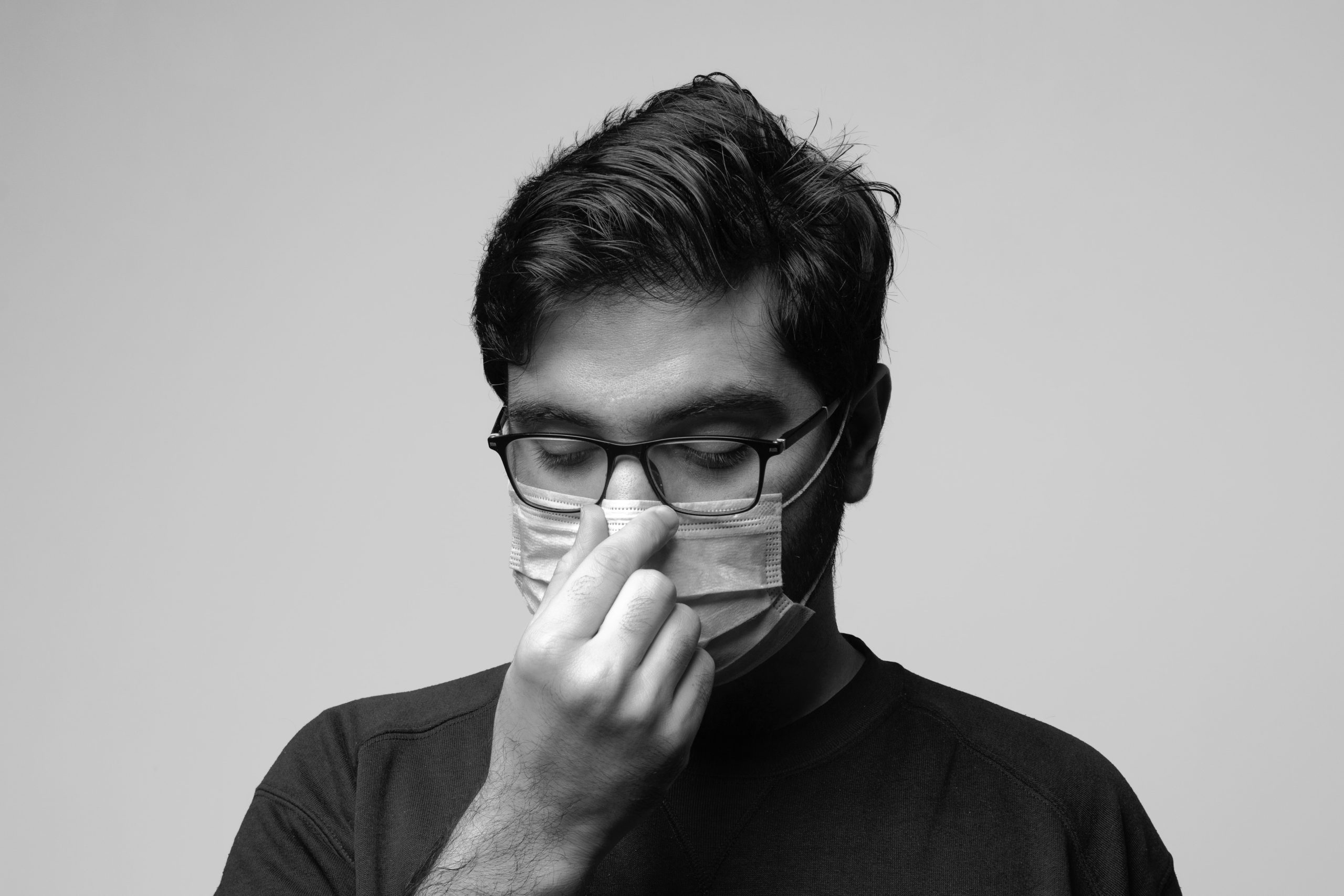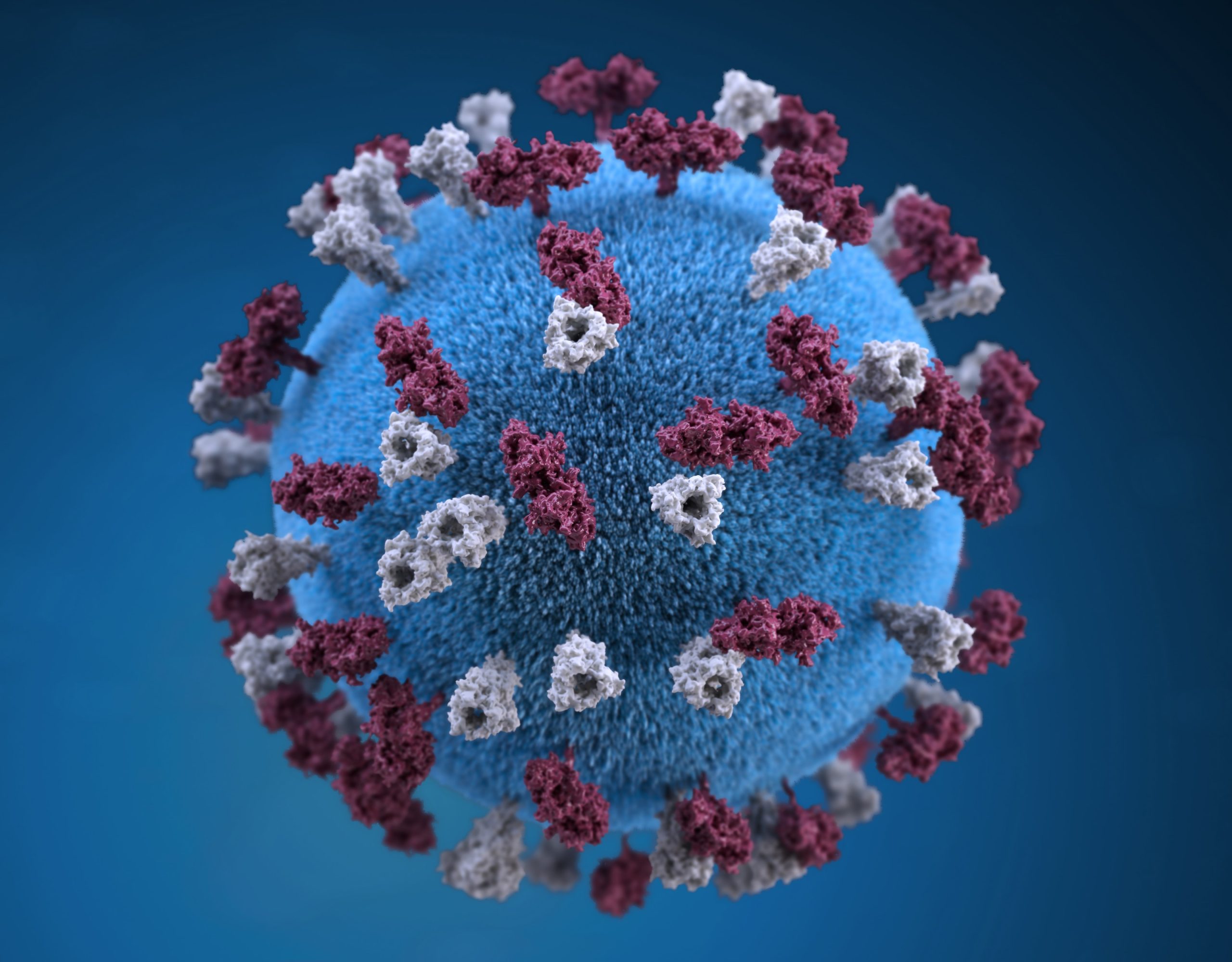Winter is here, and so is flu season! The seasonal flu can be a real pain – literally. It comes with fever, chills, body aches, coughing, and sore throat. While many of us may try to tough it out on our own or just take some over-the-counter medication for relief, there are other things you can do to help your body fight off the virus and recover more quickly. This blog post will explore what you should do when you get the flu and provide helpful tips to speed up your recovery time so that you can get back on track in no time!
Overview of the Flu
When you have the flu, your symptoms may include fever, chills, cough, sore throat, runny or stuffy nose, body aches, headache, fatigue, and sometimes vomiting and diarrhea. The flu is different from a cold. The flu usually comes on suddenly and is much worse than a cold. Cold symptoms are usually milder and come on gradually.
You can treat the flu by drinking plenty of fluids, getting rest, and taking over-the-counter medications for fever and pain relief. If your symptoms are severe or you have a high fever, you may need to see a doctor for prescription antiviral medication.
Symptoms of the Flu
If you have the flu, you will likely have a fever, chills, a cough, and a sore throat. You may also have a runny or stuffy nose, body aches, headache, and fatigue. If you have any of these symptoms, it’s best to stay home and rest. Drink plenty of fluids and take over-the-counter medications to help relieve your symptoms. If your symptoms are severe or you have other health concerns, contact your healthcare provider.
When to See a Doctor
If your flu symptoms are severe, or if you are at risk for complications from the flu, it is important to see a doctor. Some people who are at high risk for complications from the flu include:
-Children under the age of 5
-Adults 65 and older
-Pregnant women
-People with chronic medical conditions such as heart disease, diabetes, or lung disease
If you have any of the following symptoms, it is important to see a doctor right away:
-Difficulty breathing or shortness of breath
-Pain or pressure in the chest or abdomen
-Sudden dizziness or confusion
-Severe or persistent vomiting or diarrhea
If you have any concerns about your flu symptoms, or if they are not improving after a few days, it is also a good idea to see a doctor.
Treatment for the Flu
If you have the flu, there are a few things you can do to help ease your symptoms and feel better. First, make sure you’re drinking plenty of fluids. This will help your body stay hydrated and will also thin out mucus so it’s easier to cough up. Warm beverages like soup or tea can also be soothing. You should also rest as much as possible to give your body the energy it needs to fight off the infection. Over-the-counter medications like ibuprofen and acetaminophen can help with pain and fever. And if your symptoms are really severe, you may need an antiviral medication prescribed by a doctor. Antivirals work best if they’re started within two days of when your symptoms first appear.
Prevention of the Flu
When it comes to the flu, prevention is key. There are a few simple things you can do to reduce your chances of getting the flu:
-Wash your hands regularly and often, especially before eating or touching your face.
-Avoid close contact with people who are sick.
-Stay away from crowded places where the flu could spread more easily.
-Cover your nose and mouth when you sneeze or cough.
-Clean surfaces that may be contaminated with the flu virus.
If you do happen to get the flu, there are some things you can do to ease your symptoms and speed up your recovery:
-Rest as much as possible.
-Drink plenty of fluids to stay hydrated.
-Use a humidifier to help relieve congestion.









